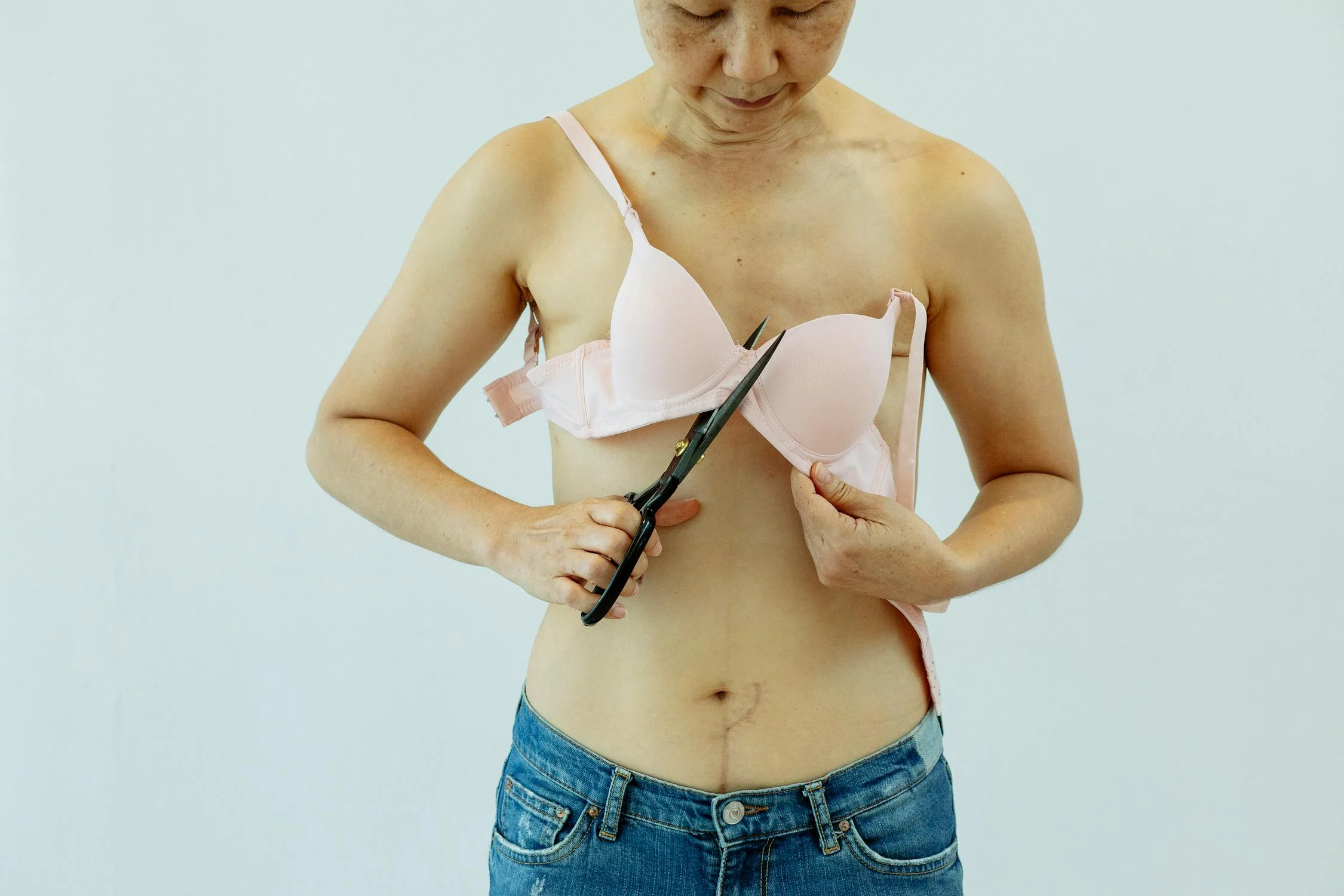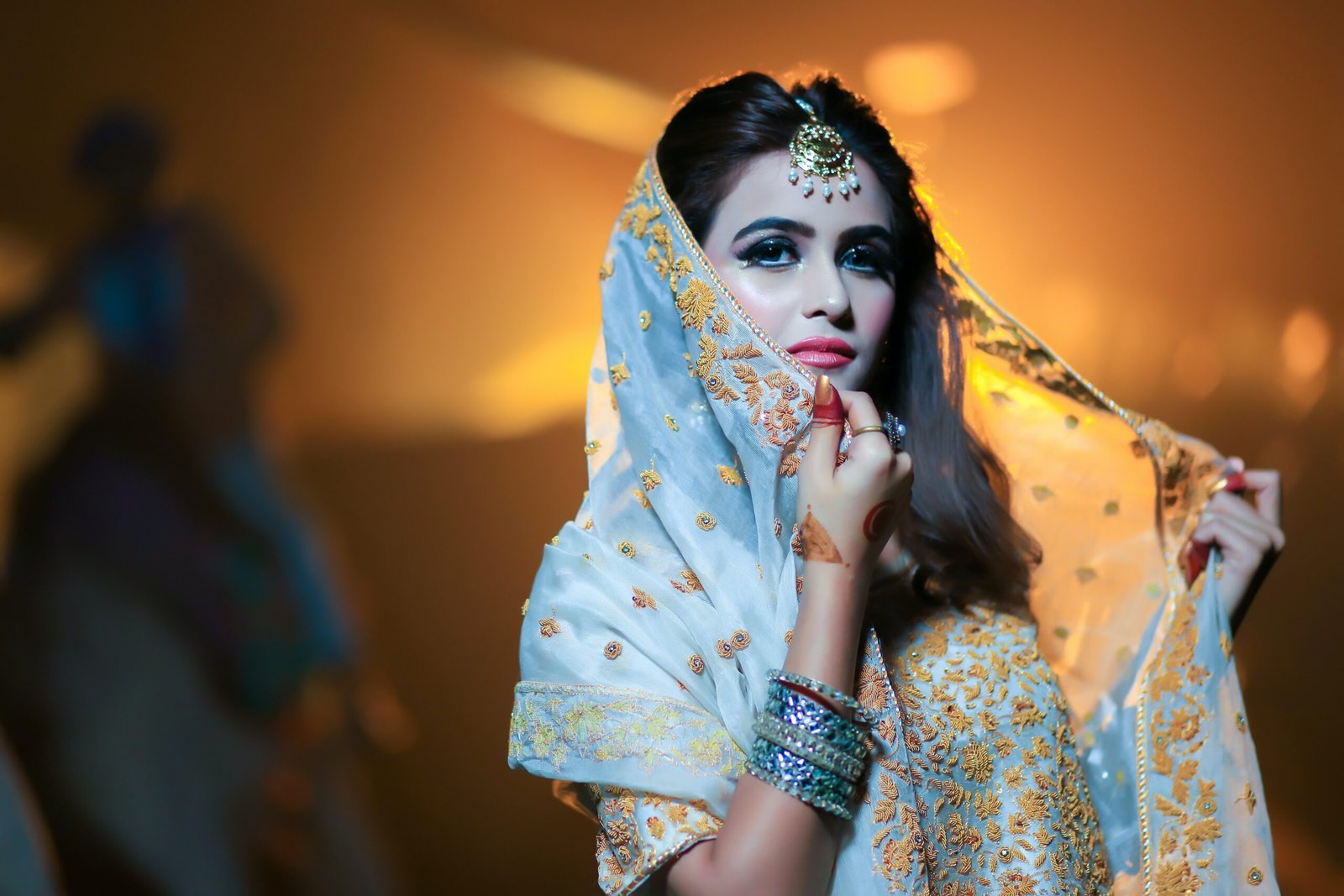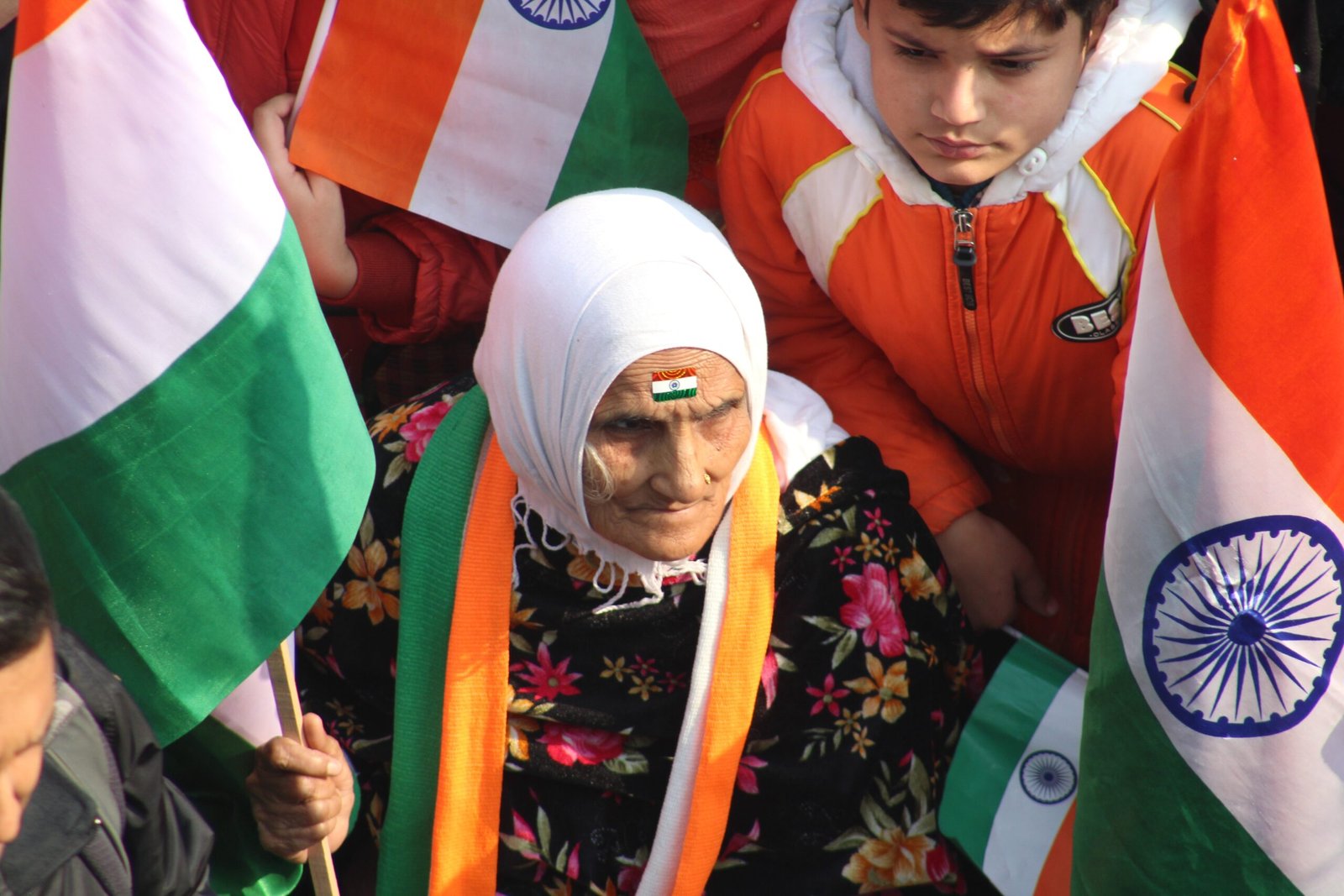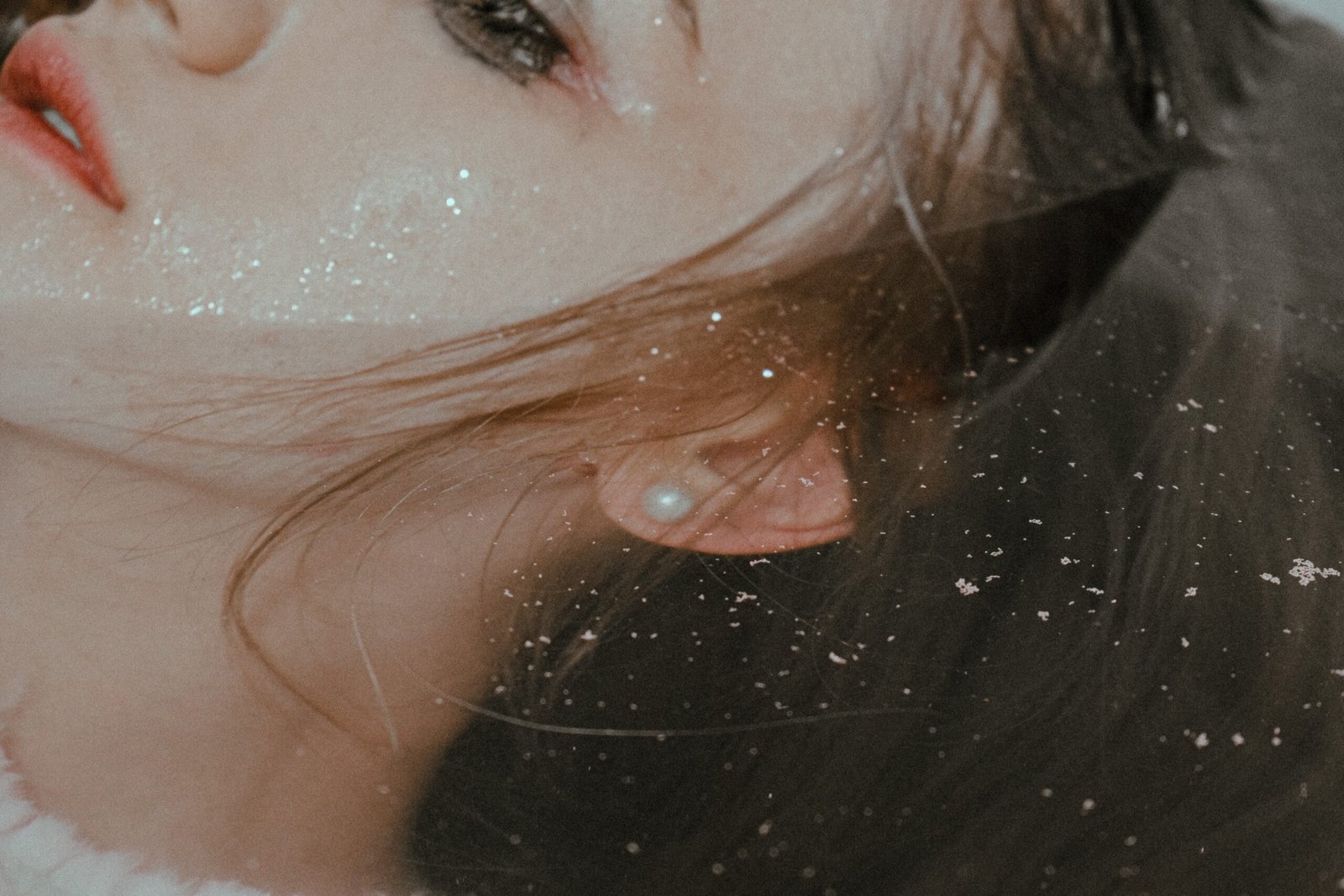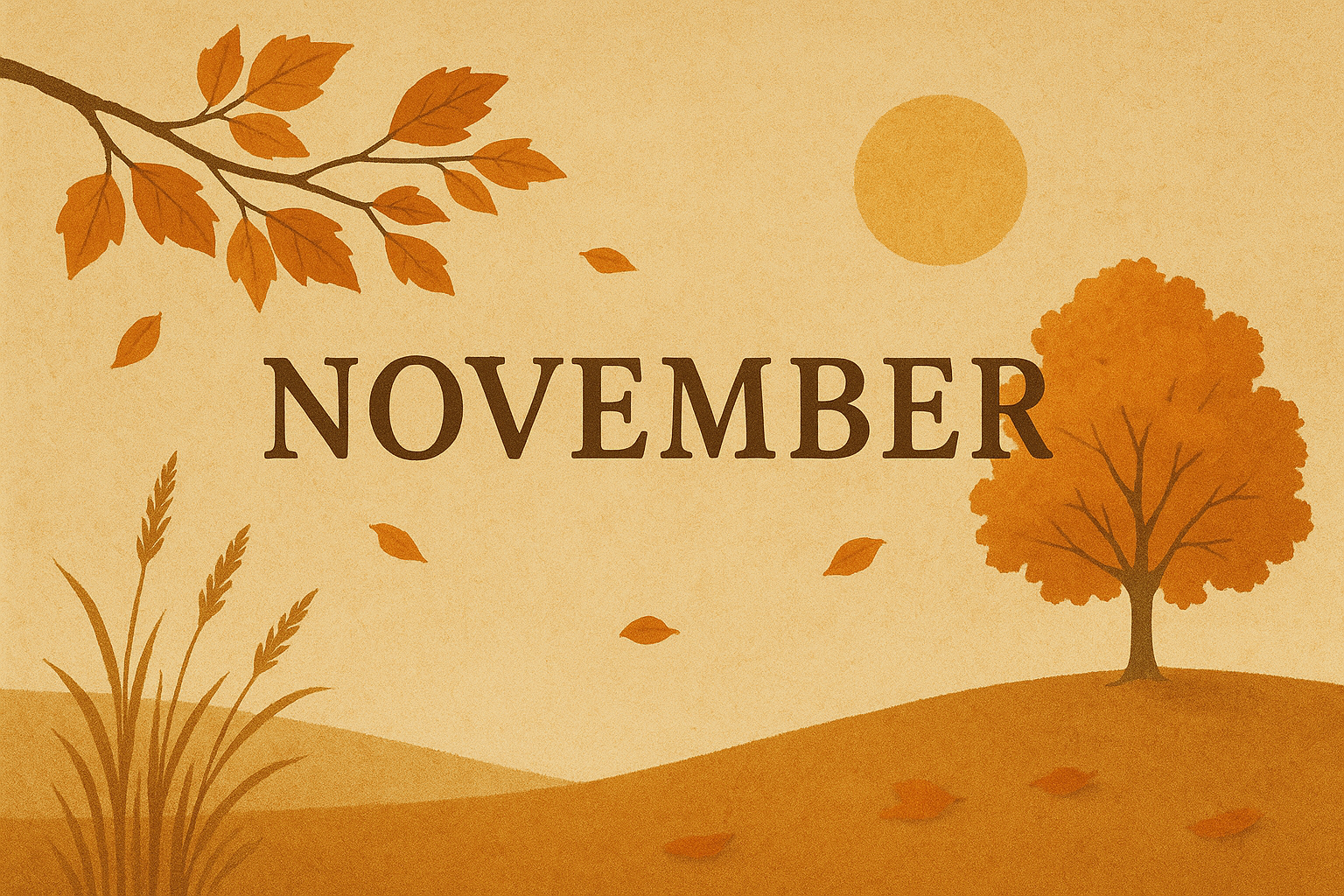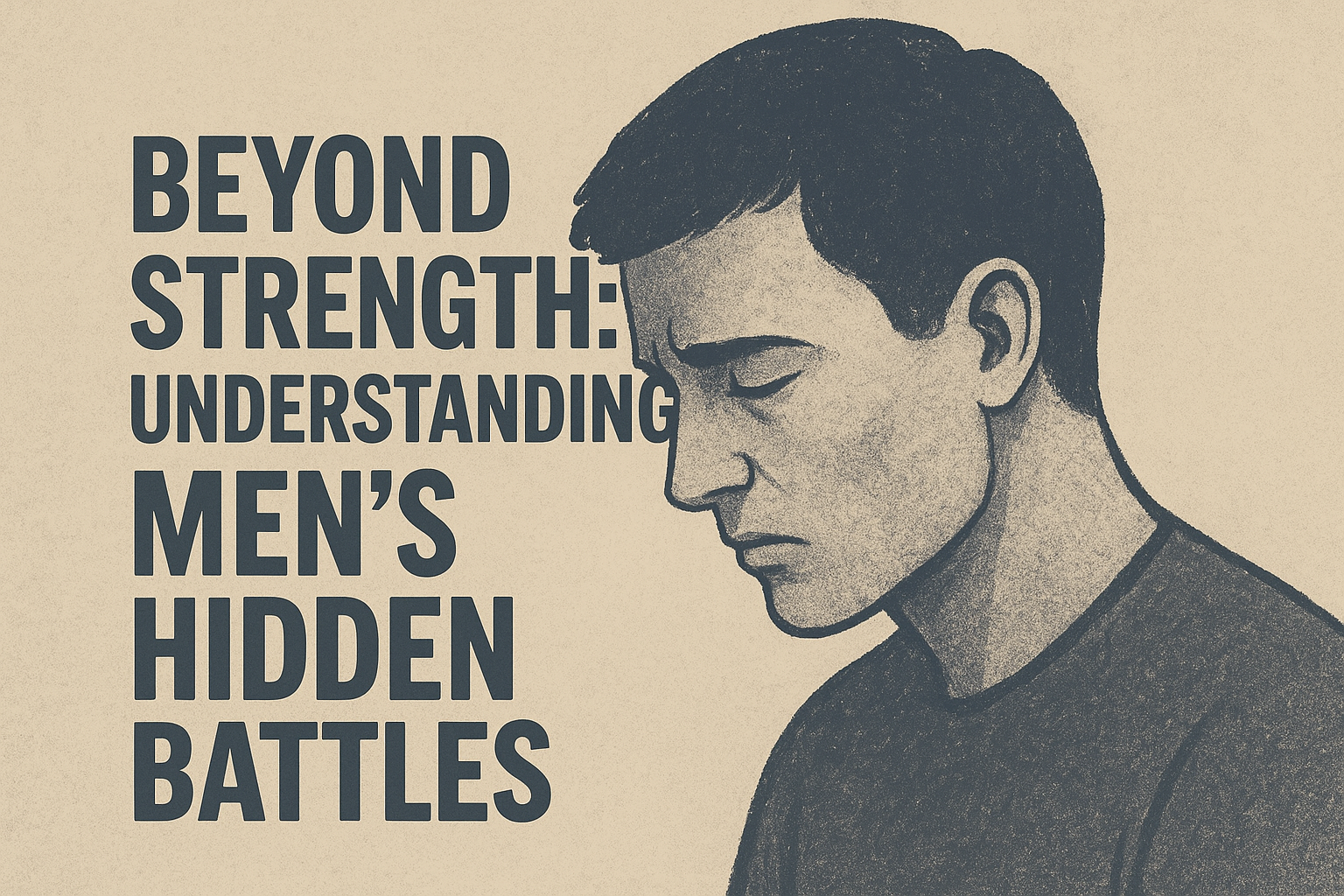A couple of days ago, a colleague wrote an intriguing post, calling for a candid conversation with your body part as you would with the person closest to you. A nerd like me should have closed her eyes and thought of the brain, but the organ of my choice might shock many. The organ of my choice would be my breasts. For an Indian middle-class woman about to turn 50, it is not easy to have a conversation about breasts. Though our poets have eulogized their beauty and scores of mothers have nurtured their children with breast milk, it is still not something to be talked about. Women cannot even breastfeed their infants in public spaces without people gaping. So, what would our conversation be like? An admission of guilt, perhaps, followed by a sincere apology.
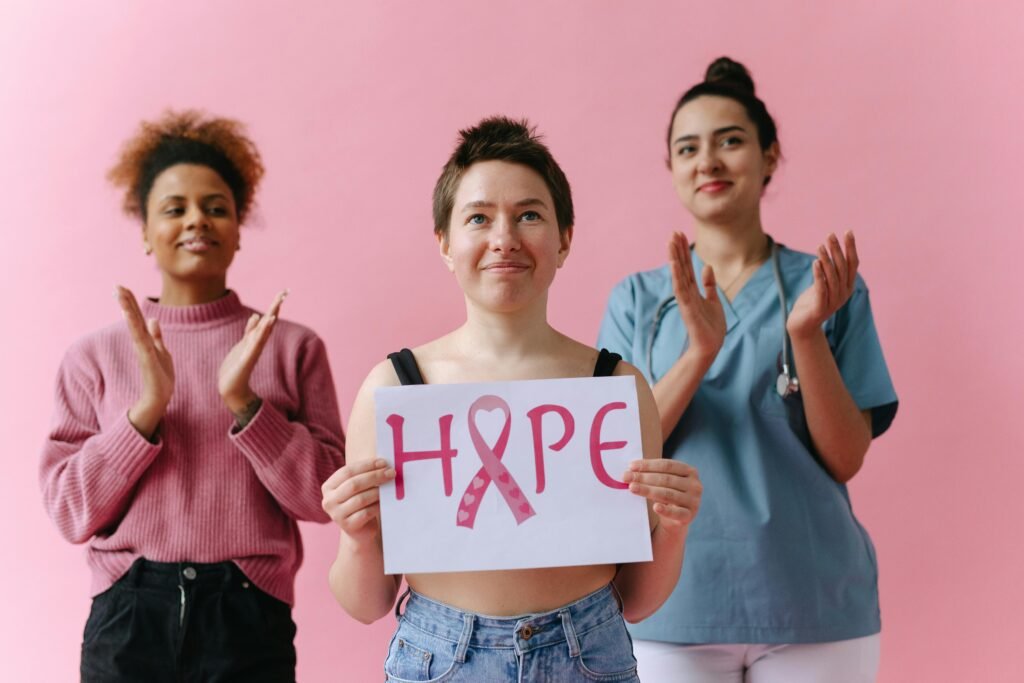
Ambivalence Towards Breasts
I admit I have an ambivalent relationship with my breasts. In our society, the transformation from girl to woman is painful. Often, the psychological maturity of a child might not coincide with the onset of puberty. But in the case of women, the spurting of breasts brings in so much unwanted attention that it becomes a trauma. As I complete half a century of my existence in this world, I remember being petrified about the changes happening in my body and how people perceived me. Suddenly, there was a list of things I could and couldn’t do, but the trauma of being leered at eclipsed even the sense of loss of freedom. Nothing had prepared me for the intricate changes in my body. I just wanted to remain flat-chested and hide myself away from the lecherous looks of men, the catcalls, and their groping hands.
Benign Neglect Towards Breasts
I wonder if the trauma and shame I suffered as a young girl made me hide behind loose-fitting clothes, to the point of draping ill-fitting ones. It didn’t help that I was nowhere near petite like my mother or the rest of the women in my family. The embarrassment over being large-bodied may have fueled my benign neglect towards my breasts. With my maternal aunt and my mother succumbing to breast cancer and ovarian cancer, respectively, I knew I was susceptible to the disease, but I always thought time was still on my side. I never went for a mammography, and the routine self-examination of my breasts was done, at best, perfunctorily. Guilt is a powerful emotion, particularly for women. Today, I am wracked by guilt—I should have taken better care of myself. I did not love myself enough.
When Breasts Tried to Kill
When I was first diagnosed with breast cancer, I looked for support groups. I was conscious that the feeling of inadequacy must not set in. Since there was none around me, I searched online but sadly failed to connect with any of them. This was primarily because the Western psyche was too different from ours. I remember one post written by a woman who had undergone a double mastectomy, reading, “My breasts had tried to kill me. So, I killed them first.” A bit over the top, isn’t it? I, on the other hand, felt a deep sense of gratitude that the malignancy had been limited to the breast. It was something akin to Lord Shiva, who had contained the poison in his throat, turning it blue.

Breasts And Femininity
I recall being told about a man whose wife never even knew he had breast cancer (yes, even men get breast cancer, though the number is small) in his youth. He always told his wife that the scar on his chest was the result of a bullet injury. Obviously, surviving a bullet seemed more macho than being a cancer survivor. But right from the beginning, I refused to feel shame. I refused to let my breasts define my femininity. I feel like the mythical Amazon women who purportedly used to cut off their right breast for better control over their bow and arrow. I survived, didn’t I? And that is all that counts in this fight. Today, I love myself. I have indeed come far.
Going Dupatta-less
I also remember my exchange with my surgeon, who was gently trying to break the unpleasant news of my prognosis. I was agitated within but refused to fall to pieces in front of him. Coolly, I asked him what kind of lifestyle change I should expect. Exasperated, he bluntly told me, “You won’t be able to dress like this anymore,” indicating I would not be able to ditch the dupatta anymore. Today, I am glad to prove the doctor wrong. All you need are some good-quality undergarments that fit you perfectly. I wonder what to do with the scores of dupattas, stoles, and scarves languishing in my wardrobe. I have ditched them, permanently.
Today, I wear my scars proudly. Borrowing the catchline of the detergent ad, I can say—not all scars are ugly. They are my badges of honor, the best outcome in this fight for survival.
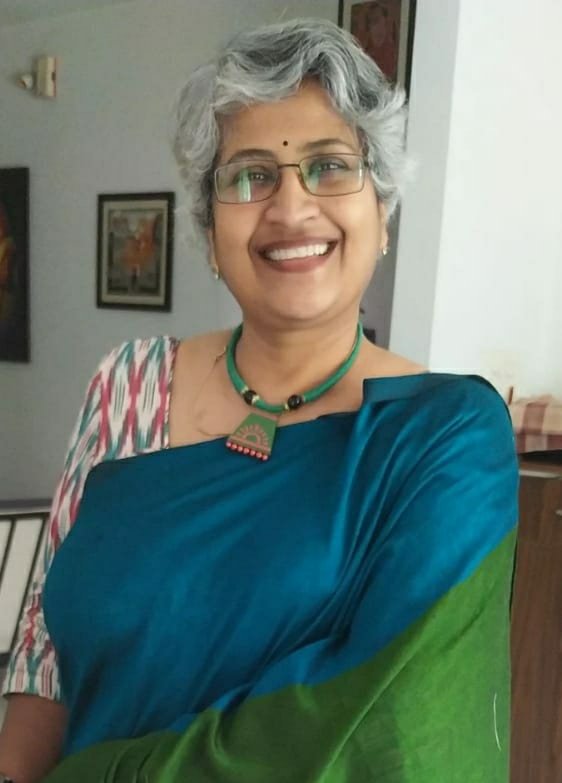
By Anindita Chowdhury
Anindita Chowdhury is a special correspondent of the English daily, The Statesman. She is based in Hyderabad. Apart from reporting, she writes short stories and essays with special focus on history, particularly the social and cultural aspects of the bygone era. She can be contacted at aninditasmail@gmail.com.





